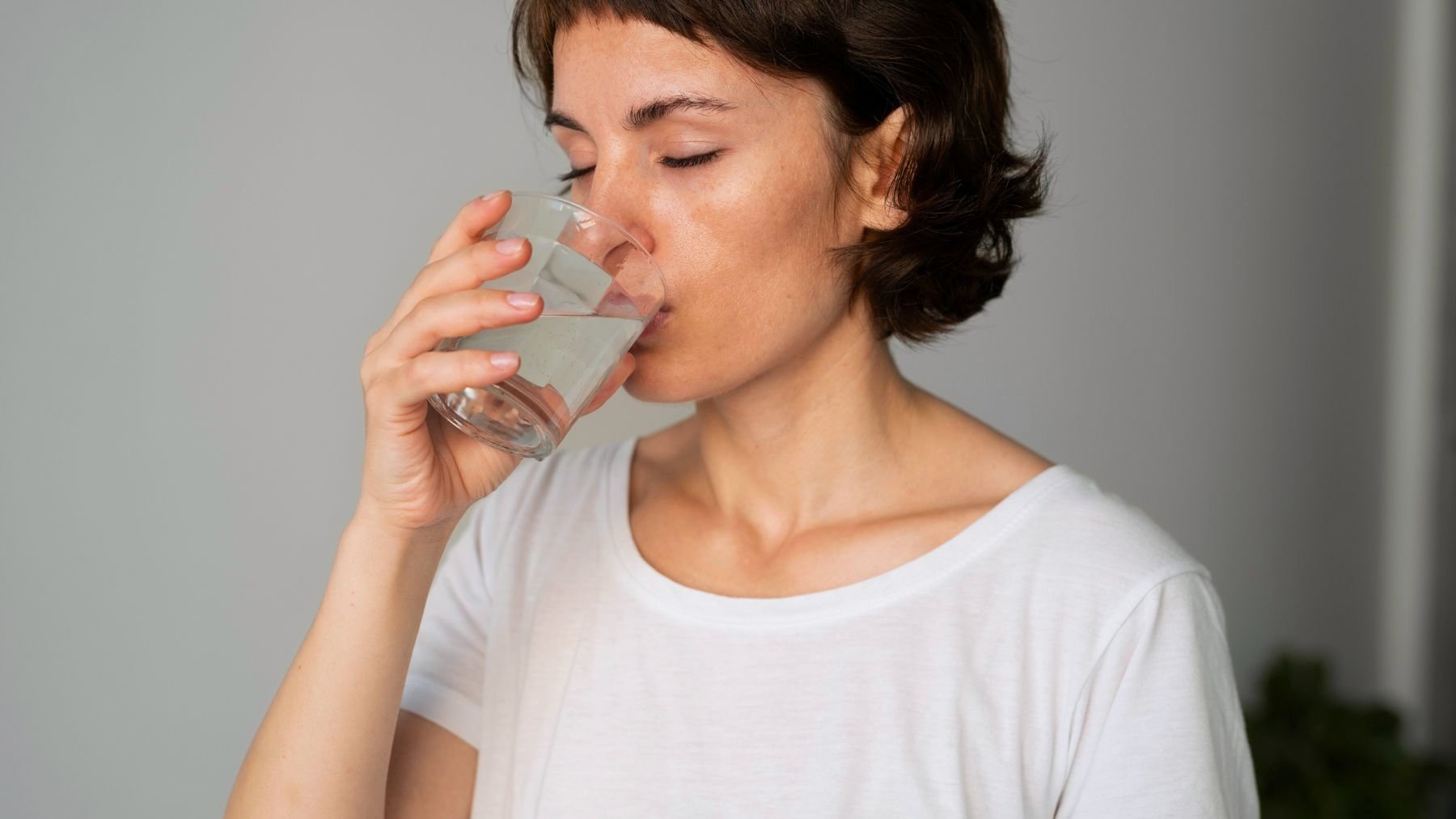A new study shows that people who consume under 1.5 liters of fluids a day trigger higher levels of cortisol, the hormone that spikes when we’re under stress. Elevated cortisol is linked to serious conditions, including heart disease, diabetes, and depression.
Researchers from Liverpool John Moores University found that hydration habits play a big role in stress responses. The study compared people with low fluid intake to those who met daily recommendations. The results point to dehydration as a hidden risk factor for long-term health.
Drinking less fluids and stress: what the study found
The researchers followed two groups of healthy young adults. One group drank less than 1.5 liters of fluid a day, while the other group met recommended amounts—around 2 liters for women and 2.5 liters for men. Both groups were balanced for factors like sleep and personality traits that can influence stress.
Participants continued their usual drinking habits for a week, while their hydration levels were tracked through blood and urine tests. They then completed the Trier Social Stress Test, which simulates real-world pressure with a timed mental math task and a mock interview.
Both groups reported similar feelings of anxiety and showed the same rise in heart rate, but the low-fluid group had a strikingly different cortisol response. Their stress hormone levels rose more than 50% higher than the well-hydrated group. Researchers noted that this exaggerated cortisol reactivity is strongly associated with long-term health problems.
The body’s stress response appears to be influenced by vasopressin, a hormone that regulates water balance. When hydration is low, vasopressin rises, pushing the kidneys to conserve water. But it also acts on the brain’s stress center, leading to more cortisol release. Over time, this pattern may impact cardiovascular and metabolic health.
How to drink more throughout the day
The findings highlight the importance of making hydration part of your daily routine, especially if you have a demanding schedule or face frequent stress. Some simple changes can help you stay on track:
- Keep water visible: Carry a refillable bottle and place it where you’ll notice it—on your desk, in your bag, or beside your bed.
- Use reminders: Set phone alerts or link water breaks to habits you already have, like brushing your teeth or making coffee.
- Add flavor if needed: Infuse water with lemon, cucumber, or herbs to make it more appealing without adding sugar.
- Choose water-rich foods: Fruits and vegetables like cucumbers, watermelon, and oranges contribute to daily fluid intake.
- Swap smartly: Replace one soda, beer, or coffee with a glass of water each day to gradually improve hydration.
- Check your urine color: Pale yellow is a sign of good hydration, while darker shades mean you likely need more fluids.
Even small increases in daily fluid intake can help you support your long-term health. The researchers emphasize that while more studies are needed to confirm these findings over time, the takeaway is simple: drink enough fluids. Keeping a bottle nearby may be one of the easiest habits you can build to protect both your body and your mind.

